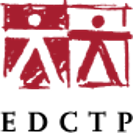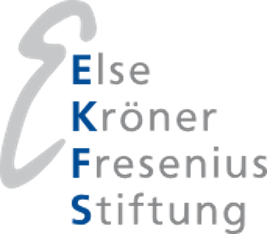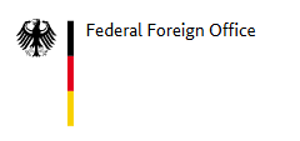Novel approaches towards Schistosomiasis: Prevention, Diagnosis, Treatment:
Among the neglected tropical diseases (NTDs), schistosomiasis ranks top in terms of disability-adjusted life years (3.3 million DALYs), with more than 230 million people infected and 600 million being at risk of infection. More than 90 % of those requiring treatment for schistosomiasis live in Africa, where both intestinal and urinary forms of the disease occur. The main public health impact of Schistosoma infections is associated with chronic evolutions of the infections leading i.e. to hepatic inflammation that progresses to advanced hepatic disease or to urogenital conditions such as Female Genital Schistosomiasis (FGS) impacting on the fertility and on the predisposition to other gynecological disorders as consequences of S. mansoni and S. haematobium infections, respectively.
The disease is endemic in contexts of poverty since mainly spread due to poor hygiene and sanitation conditions. Diagnostic tools are available but not well-adapted for low- resource settings, thus no point of care strategy for the diagnosis of schistosomiasis has been implemented in endemic countries. Mass drug administration of praziquantel is one of the main control measures against human schistosomiasis, but its targets are usually school-aged children, leaving infants, children under the age of 5 and adults without proper treatment.
The Fusco group is studying novel strategies to improve various aspects of the disease, ranging from prevention to diagnosis and ultimately treatment.

Projects included in this topic:
Association between Schistosome infection and malnutrition in Madagascar – nutriMAD
Funding:
University of Hamburg
Duration:
August 2022 – August 2024
Novel approaches for the management of chronic forms of schistosomiasis: the identification of adapted tools through the Madagascan example – NAMASTE
Partners:
University of Fianarantsoa
University of Antananarivo
Centre d’Infectiologie Charles Merieux (CICM)
@BNITM Lidia Bosurgi – Dewi Ismajani Puradiredja – Eva Lorenz – Anna Jäger
Funding:
German Center for Infection Research (DZIF)
Duration:
January 2021 – December 2025
Investigation of a potential protective effect, that chronic schistosomiasis might have towards DENV infections
Funding:
Jürgen Manchot Stiftung
Duration:
April 2022 – March 2025
Paving the way for pediatric praziquantel accessibility in Madagascar – PEPRAMA
Partners:
University of Fianarantsoa
University of Mahajnaga
Centre d’Infectiologie Charles Merieux (CICM)
@BNITM Dewi Ismajani Puradiredja
Funding:
Else Kröner-Fresenius-Stiftung
Duration:
December 2021 – December 2023 (data analysis ongoing)
Past projects:
Reducing schistosomiasis through aquaculture interventions in Madagascar: a pilot study - RESAMP
Partners:
University of Fianarantsoa
University of Antananrivo
Centre d’Infectiologie Charles Merieux (CICM)
APDRA-Pisciculture paysanne (France)
Hamburg University of Applied Sciences
@BNITM Dewi Ismajani Puradiredja – Ralf Krumkamp
Funding:
German Alliance for Global Health Research (GLOHRA) via the German federal ministry of education and research (BMBF)
Duration:
September 2021 – March 2023
Improved diagnostics for schistosomiasis and epidemiology – SCHISDIMA
Partners:
University of Fianarantsoa
University of Antananarivo
Centre d’Infectiologie Charles Merieux (CICM)
University of Leiden
@BNITM Eva Lorenz – Anna Jäger
Funding:
German Center for Infection Research (DZIF)
Duration:
June 2018 – April 2021
Fast and reliable easy-to-use-diagnostics for eliminating Bilharzia in young children and mothers – freeBILy
Partners:
University of Fianarantsoa
University of Antananarivo
Centre d’Infectiologie Charles Merieux (CICM)
University of Leiden
University of Tübingen
Center of Medical Research Lambaréné (CERMEL)
IS-Global Barcelona
@BNITM Dewi Ismajani Puradiredja – Eva Lorenz – Anna Jäger
Funding:
European-Developing Countries Clinical Trial Partnership (EDCTP)
Duration:
February 2018 – December 2023














